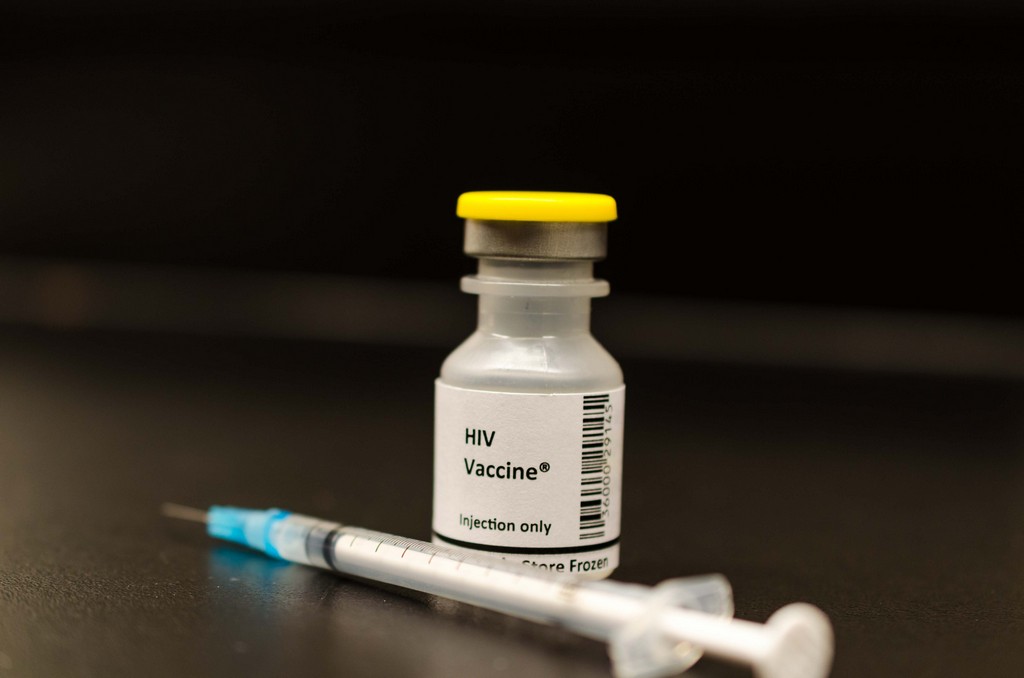Clinical studies of the "mosaic" vaccine against HIV show promise

Tests of the preventive "mosaic" type vaccine against HIV have shown promising results in the ongoing clinical trials, writes the Lancet journal. However, experts do not rush and jump to conclusions. According to them, it is necessary to conduct additional studies to determine whether the received immune response can prevent the transmission of HIV infection.
The authors of the article, who presented the first results of the prospective vaccine study this week, note that PrEP (pre-exposure prophylaxis) that allows preventing the transmission of the virus in more than 90% of cases is already widely used as an effective tool for the prevention of HIV infection. However, experts note, the difficulty of using PrEP, in addition to its high cost, is also a commitment - the drug Truvada is required to be taken on a daily basis.
Nevertheless, the task of creating a preventive vaccine against HIV remains relevant. However, up to now, its development and implementation has remained a huge problem mainly because of the existence of a significant mass of constantly changing strains of the virus: the human immune system simply does not physically have time to develop all new antibodies to fight HIV.
Previous attempts to create vaccines have been limited to specific strains that were found in some parts of the world, which did not have the desired effect.
Given these circumstances, the scientists have developed a "mosaic" vaccine, consisting of pieces of different HIV viruses. The researches idea is to provide the highest protection against almost any possible strains of HIV spread all over the world.
In a randomized, double-blind, placebo-controlled study, the scientists tested various combinations of a "mosaic vaccine" among people aged 18 to 50 years who did not have HIV infection. Participants from the United States, Rwanda, Uganda, South Africa and Thailand received four inoculations within 48 weeks.
All combinations of vaccines generated an immune response against HIV and were safe to use.
The scientists also conducted a parallel study in which the efficacy of vaccines on humanized primates was tested. These studies showed that a combination of "mosaic vaccine" in 67% protected monkeys from HIV.
"These results represent an important milestone," said Dan Barouch, professor of medicine at Harvard Medical School.
However, according to him, the findings should be interpreted with caution.
Despite the fact that the vaccine caused a reaction in the immune system of people who took it, it is not yet clear whether this is enough to fight the virus and prevent infection.
"The challenges in the development of an HIV vaccine are unprecedented, and the ability to induce HIV-specific immune responses does not necessarily indicate that a vaccine will protect humans from HIV infection," he explained.
At the same time, The Lancet continues, promising research results mean specialists will conduct the next stage of testing one of only five vaccines, in which 2,6 thousand women from southern Africa who are at risk of getting the illness will take part.
So far only one vaccine in the world has been able to demonstrate effectiveness in countering HIV. However, the figures obtained during the testing of samples in Thailand were insufficient to put the tool into clinical practice.
Dr Michael Brady, medical director at the Terrence Higgins Trust, said it was early days for the vaccine but the signs were "promising".
"However, it's important to be cautious and be clear that there's a lot of work to do before an effective HIV vaccine is readily available."



